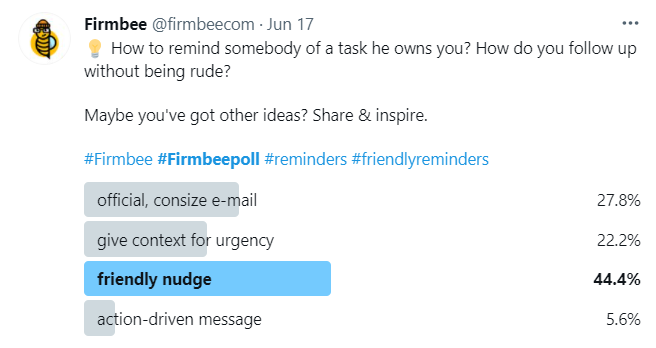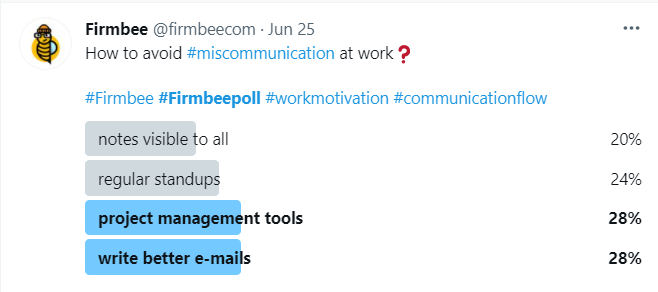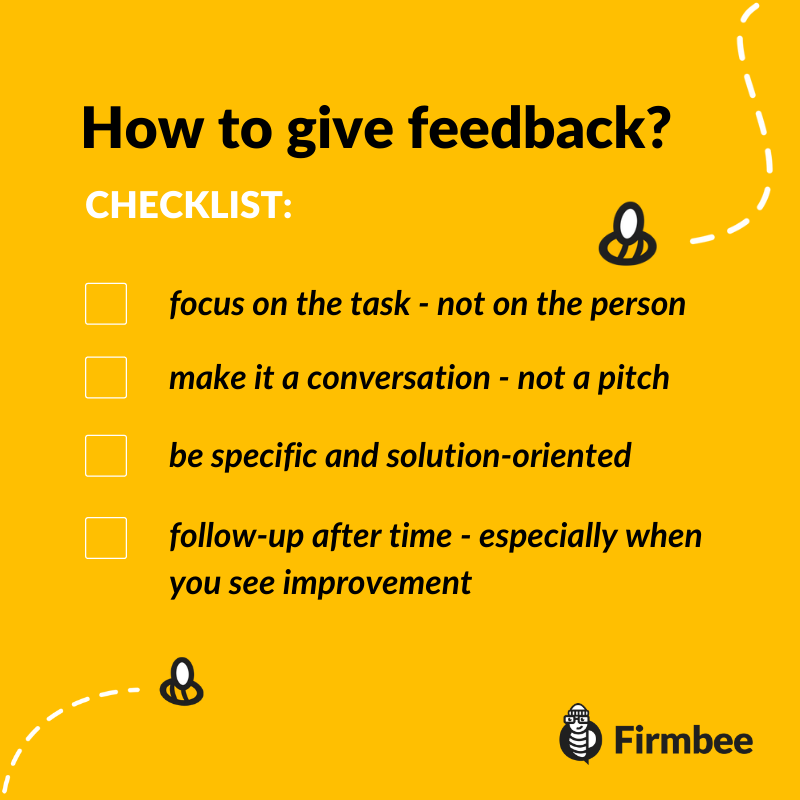Every single one of our days is filled with communication. We send thousands – if not millions, of verbal and non-verbal communication cues to those in our lives. How we speak and respond ultimately results in the outcomes that we see. Yet, it’s not hard to see that sometimes communication fails to be effective. Miscommunication often causes us frustration and conflict, and we feel powerless to do anything about it.
Communication at work – issues discussed:
- Solutions start with asking the right questions
- Build an open and transparent communication culture
- Learn how to communicate efficiently
- Hold periodic – and valuable – meetings
- Listen to your coworkers
- Take advantage of the right project management tools
- Encourage feedback from employees and coworkers
One place where communication seems to struggle is in the workplace.
Whether you are a remote worker or sit at a cubicle among hundreds of coworkers, communication happens – and not all of it effectively.
Miscommunication between coworkers, clients, and executives can leave you feeling frustrated, disappointed at work and with deadlines looming.
How can we change this issue plaguing so many offices and teams? How can we learn to communicate more effectively at work to be happier, more productive, and meet our goals more efficiently?
Solutions start with asking the right questions
Knowing the right method to ask for project or task updates can be tricky. In a recent poll on Twitter, we asked followers how they follow up with coworkers or employees and implement their assigned tasks at work.

Overwhelmingly, those surveyed said that they resorted to a “friendly nudge” when seeking updates on time-sensitive work.
Why does a friendly nudge outrank formal emails or action-driven messaging? Perhaps it’s due to relational unknowns that exist in the workplace. Or maybe a lack of productive communication tools makes it hard to communicate needs in a way that is effective yet still friendly and encouraging.
Nobody want’s to be that coworker who builds a reputation for nagging or being harsh. Yet, miscommunication and missed expectations continue to plague companies every day.
Perhaps the solution isn’t to be more communicative, but instead communicating more effectively. With the proper methods and tools at your disposal, you can enhance your workplace communication, avoid unexpected drama, and reach your goals together – faster.
Here are a few ways you can improve your workplace communication:
1. Build an open and transparent communication culture
The best way you can start avoiding miscommunication in the workplace is with a strong culture.
This takes time and requires that you invest in some high-value actions. Begin every print, digital, or in-person communication with the goal of being direct, honest with your employees (colleagues) about any company goals or projects.
With this strategy, you can easily confirm new priorities and end-goals for business tasks – it helps to close gaps between management and employees quickly. Follow up regularly with habitual updates so that employees can establish priorities for themselves and have a clear vision of the future.
2. Learn how to communicate efficiently.
Good communication is an art form.
The right way of communicating at work is to clearly and openly express your ideas, thoughts, wishes, or issues you are facing with a person who should help you out with it.
Avoid conflicts by finding the best solution for both sides. You can also ask an unbiased third party to help you with situations when you or somebody else cannot communicate effectively because of the emotions involved.
3. Hold periodic – and valuable – meetings.
Don’t be afraid to hold frequent meetings – just keep them valuable.
Consistent meetings with your manager and team members can help you build trust and community. They are also critical for checking the progress of assigned tasks, goals, projects, and any problems that surfaced.
Together you can analyze and develop a list of priorities for upcoming periods.
4. Listen to your coworkers.
Never underestimate the power of active listening. Listening is essential to improve communication at work and solve problems that might arise in any business.
Back up your words with actions. This way, you will gain respect from management, team members, or employees alike and be able to win trust in their eyes quickly.
5. Take advantage of the right project management tools.
There are many project management and task tracking solutions that you can choose from to help boost team communication and synergy.
Another Twitter poll our team ran found that technological solutions can help teams avoid miscommunication more than you might expect:

With the right communication tool, it becomes easier to create work schedules for your employees and see where they stand at any given time. This way, you can easily coordinate and discuss the strategic moves of your company.
6. Encourage feedback from employees and coworkers.

Without feedback, you cannot improve your communication or reduce miscommunication. This can be accomplished by implementing a simple feedback system at your workplace.
Employees will know exactly what is expected of them in their daily tasks. It also helps keep team members up-to-date on the current working process and what is going on with assigned projects or assignments.
Giving space for feedback is a great way to build a trusting culture at the workplace. Trust and encouragement are a balm for almost any miscommunication – and perhaps the best preventative measure in your toolkit.
If you’d like to improve your teamwork, read about facilitation and its contribution to the working environment.
Now, remembering what’s important in proper communication, you can give us a feedback leaving a comment below! Also join our Facebook community to keep in touch.
Author: Caroline Becker
As a Project Manager, Caroline is an expert in finding new methods to design the best workflows and optimize processes. Her organizational skills and ability to work under time pressure make her the best person to turn complicated projects into reality.


















